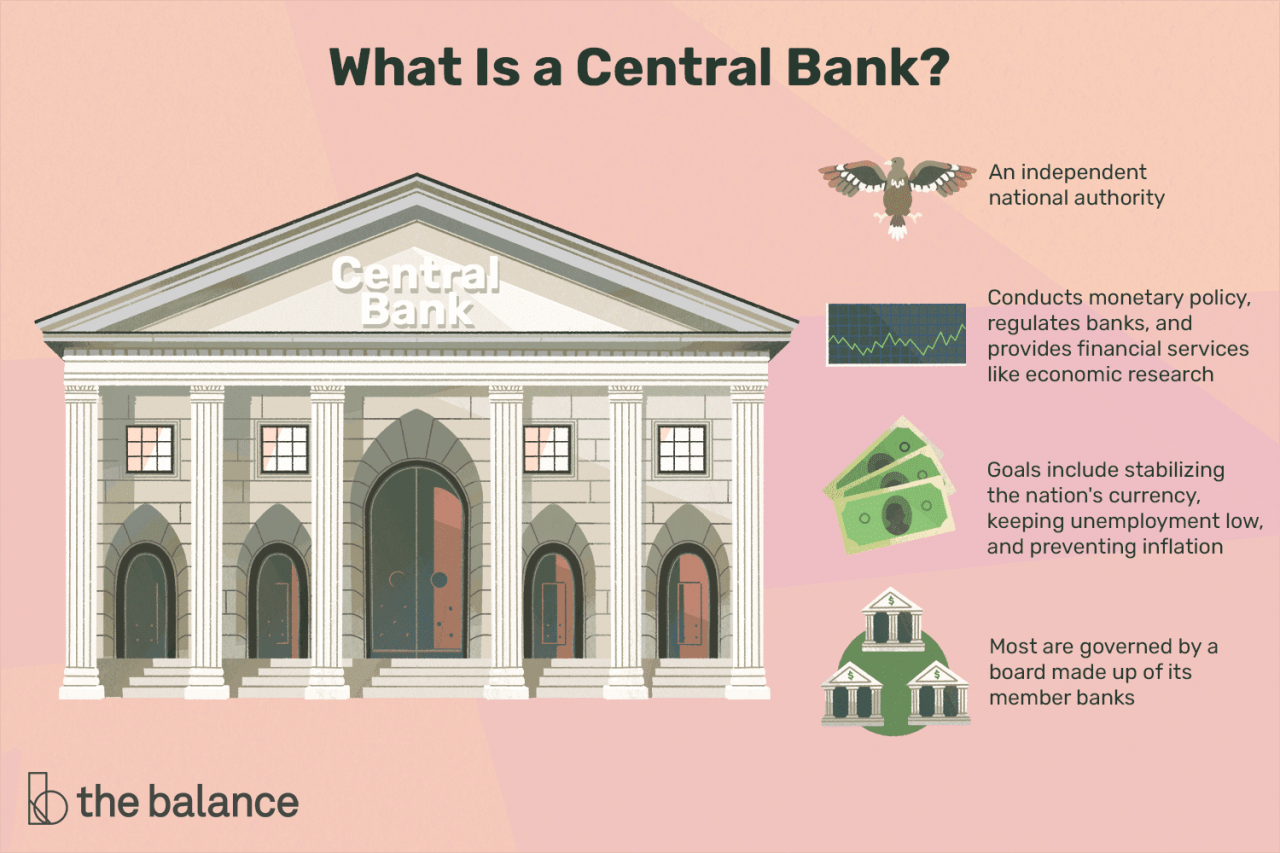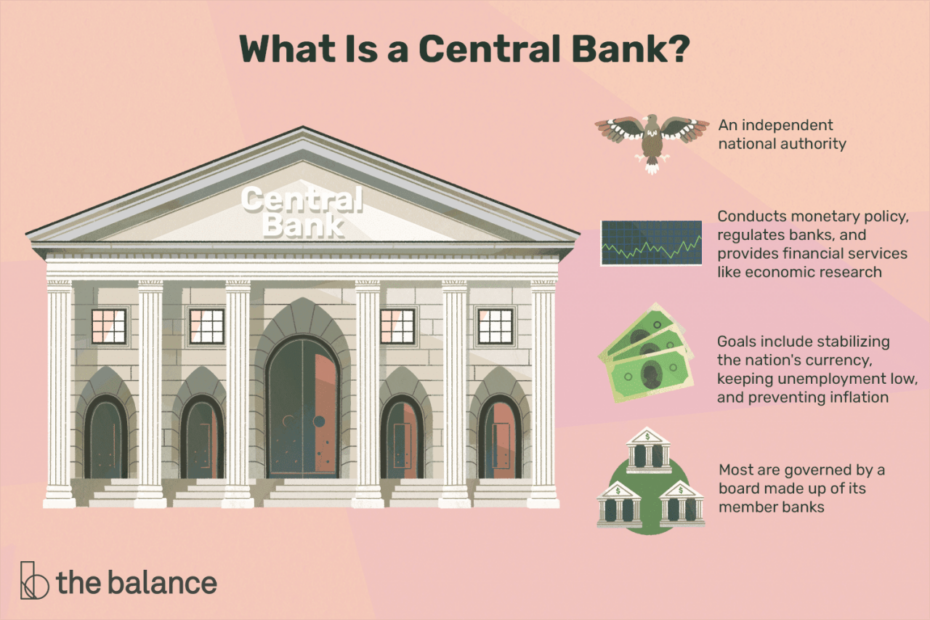Are Central Banks Truly Independent? Unveiling The Truth
TÓM TẮT
Should Central Banks Be Independent? | Cnbc Explains
Keywords searched by users: Are central banks really independent which central banks are not independent, Central bank independence, What is central bank independence, Central bank independence index, Central bank independence index by country
Are Central Banks Independence?
Are central banks truly independent? In many developed nations, central banks are designed to operate autonomously, free from direct political interference. However, it’s important to note that governments often retain a degree of control through their governance rights, while legislative bodies play a crucial role in overseeing central bank activities. This delicate balance between independence and accountability ensures that central banks can effectively manage monetary policy while remaining accountable to the broader public and their respective governments.
Why Central Bank Has To Be Independent?
Why is it crucial for a central bank to maintain its independence? Central banks need to operate independently to effectively carry out their monetary policy functions without undue influence from political authorities. The objective of this independence is to safeguard the central bank’s ability to make decisions that are solely in the interest of the economy’s long-term stability and growth. Without this independence, political interference could compromise the central bank’s goals, potentially leading to undesirable consequences such as higher inflation rates. In the long run, prioritizing short-term political gains over the central bank’s autonomy can result in significant economic and financial risks. This principle was reaffirmed on January 10, 2023, with the aim of ensuring that central banks remain free from political pressures.
Discover 25 Are central banks really independent



Categories: Details 91 Are Central Banks Really Independent
See more here: buoitutrung.com

A central bank is independent if it can make policy, such as setting interest rates or printing money, without interference from elected officials or the private sector.Central banks in most developed nations are institutionally independent from political interference, even though governments typically have governance rights over them and legislative bodies exercise scrutiny.These laws aim to insulate monetary policy from political interference. Such interference could undermine central banks’ goals and potentially create long-term risks to economic and financial stability. Any short-term political gains could potentially invite long-term pain in the form of higher inflation.
Learn more about the topic Are central banks really independent.
- Factbox: What is central bank independence? – Reuters
- Central bank – Wikipedia
- Central Bank Independence and the Development of Payments and …
- History of Bank of Japan’s More Than Two Decades of Unconventional …
- Does an Independent Central Bank Violate Democracy?
- Central Bank of Russia – Wikipedia
See more: https://baannapleangthai.com/tech blog

